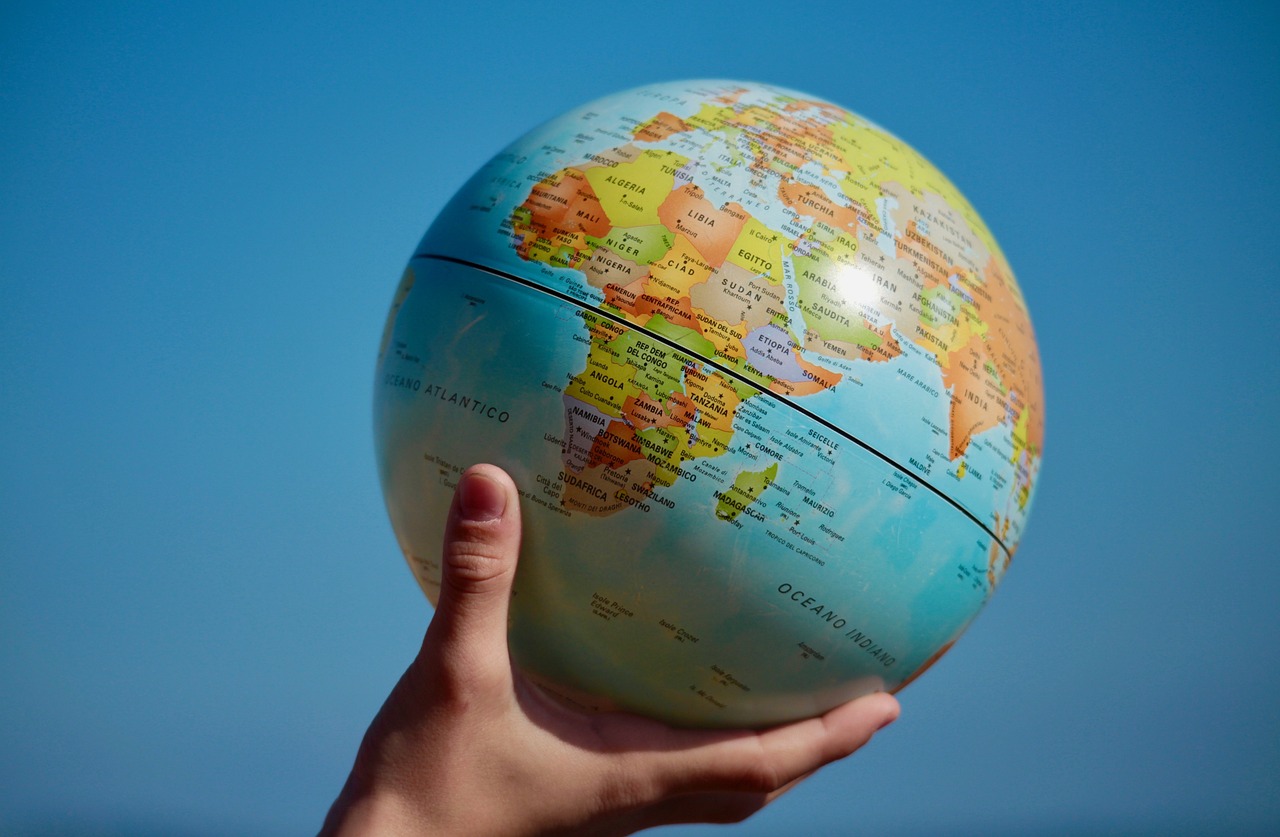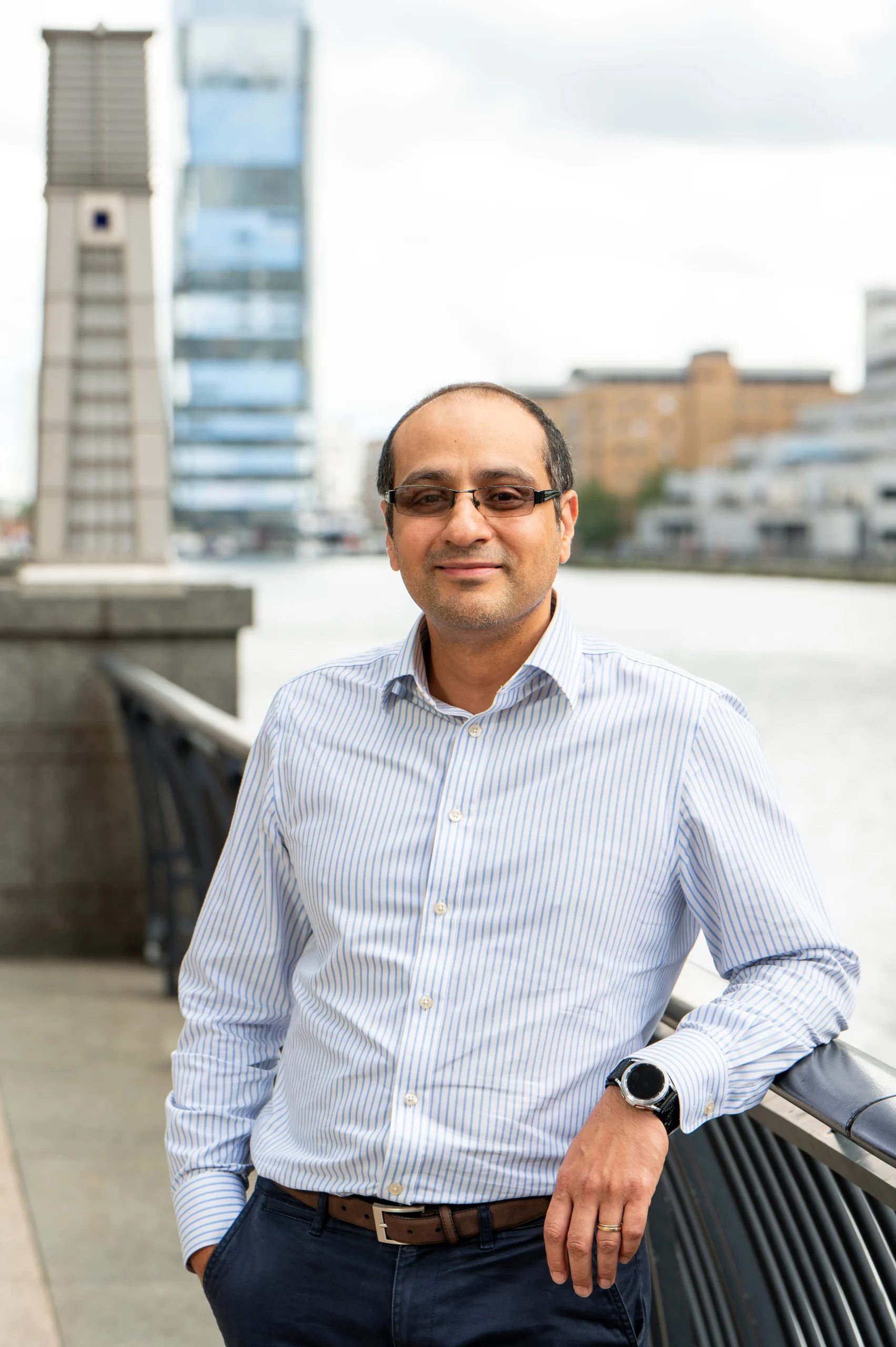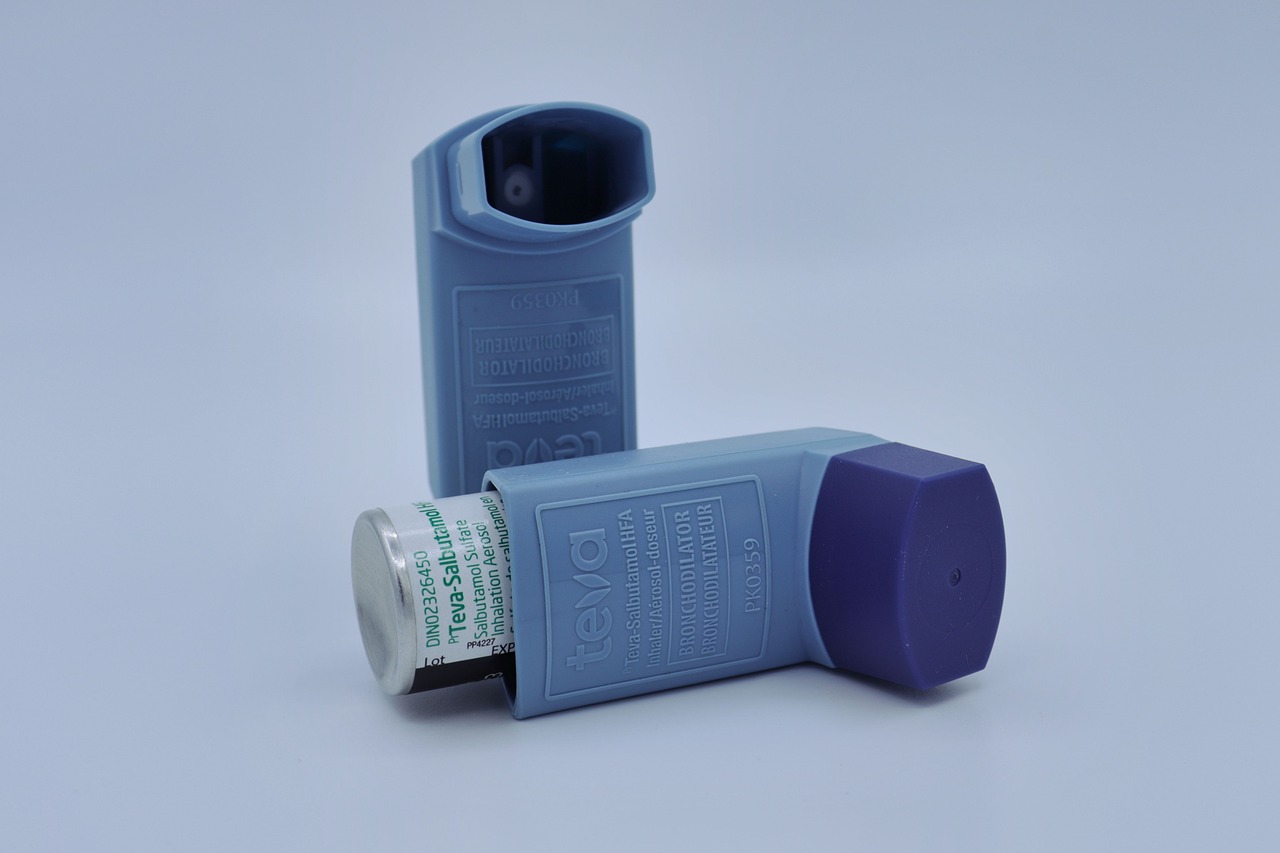Building a fairer, healthier world
World health day is a global health awareness day that is celebrated ever year on the 7th of April, under the sponsorship of the World Health Organisation.
Today for World Health Day we are raising awareness of inequalities that exist across the globe, and how we can create richer and more vibrant societies by reducing inequality.
This year more than ever we have realised that to protect our health we must protect everyone’s health. In an increasingly globalised world, we recognise that our health is impacted by the health of those around us. Vaccine availability in developing nations has lagged behind that of developed nations, which is leading to doubts among vaccine-rich countries, who, unless they close their borders, will continue to be at risk to coronaviruses and other infectious diseases that proliferate elsewhere.
Highlighted by vaccine availability, these differences existed long before the appearance of COVID-19. Not only are there differences on an international level, but there is also a vast difference between ethnic and other groups domestically. The success of vaccination programs is now in doubt due to due vaccine scepticism across Europe, whereby certain groups are significantly less likely to be willing to take vaccines and some groups are more likely to suffer from serious diseases, which can add to the strain on healthcare sectors, who are struggling to cope.
While financial differences exist throughout the world, so too do differences in the availability of education, food, healthcare, clean water and sanitation, all of which contribute to an unequal and less fortunate society. https://www.youtube.com/watch?v=XxWOGXLmlKg
International Inequality
The life expectancy of a person born in the Central African Republic is 53 years old. This is 20 years lower than the global average and 32 years lower than those born in Japan.
In the age of epidemics and pandemics, without adequate hygiene standards and health care access in developing nations, all nations will continue to be at risk from infectious disease.
Despite being nearly universal in developed nations, clean water and sanitation is still only available to 38% of people in developing nations and is associated with a massively increased burden of infectious disease. Without the ability to curb the spread of infectious disease, these areas will serve as a pool where microorganisms can continue to evolve, mutate, and periodically travel to disparate parts of the globe.
Low quality healthcare increases health care costs in the long run. In low- and middle-income countries almost 10% of people can expect to acquire an infection during their hospital stay.
Today, 800 million people, including 150 million children, are suffering from malnutrition as a lack of food availability. Children who are malnourished are at greater risk for fat and muscle loss, brain damage, blindness, and death.
The idea that the world didn’t have adequate food supplies to feed everyone, known as ‘the scarcity fallacy’ was disproved many years ago. A 2010 publication by sociologists conclusively found that social inequalities, distribution systems, and other economic and political factors create barriers to food access. Food scarcity is not a problem, the problem is a lack of food available at affordable prices. In the world today there is more food per person available than at any point in history.
National Inequality
In every country some groups undergo a daily struggle to make ends meet. This affects their ability to afford healthcare and affects their likelihood of taking advantage of healthcare if it becomes available. This ends up costing nations much more as it increases the health burden of these groups.
In the UK the richest 100 people have as much wealth as the poorest 30% combined, 18,900,000 in all. This is a trend that is spiralling all over the world, where the richest continue to accumulate a greater and greater portion of the worlds wealth.
More unequal societies have a heavier burden of mental health and crime while also having lower life expectancy than their more equal equivalents. The Equality Trust estimates that the increased mental health issues.
This is preventable.
Global and domestic inequality can be addressed from many directions. The World Health Organisation stress that we must not just treat the symptoms of inequality but also address its root causes. A study by the International Monetary Fund has shown the empowerment of women across developing nations can contribute to a reduction in inequality and improve economic growth.
Increasing the availability of education also has a lasting effect of reducing inequality.
On top of distinct changes, such as on minimum wages and more tax brackets, many call on governments to pledge that the net effect of their policies will be to reduce inequality across their societies.
If we reduce inequality, we will all be richer for it, a fairer world will suffer from a reduced health burden and make adequate healthcare available to those who need it when they need it.
To find out more about world health day, keep an eye out for #WorldHealthDay or visit https://www.who.int, or find out more about Paid Clinical Research Trials at FluCamp click here.
















